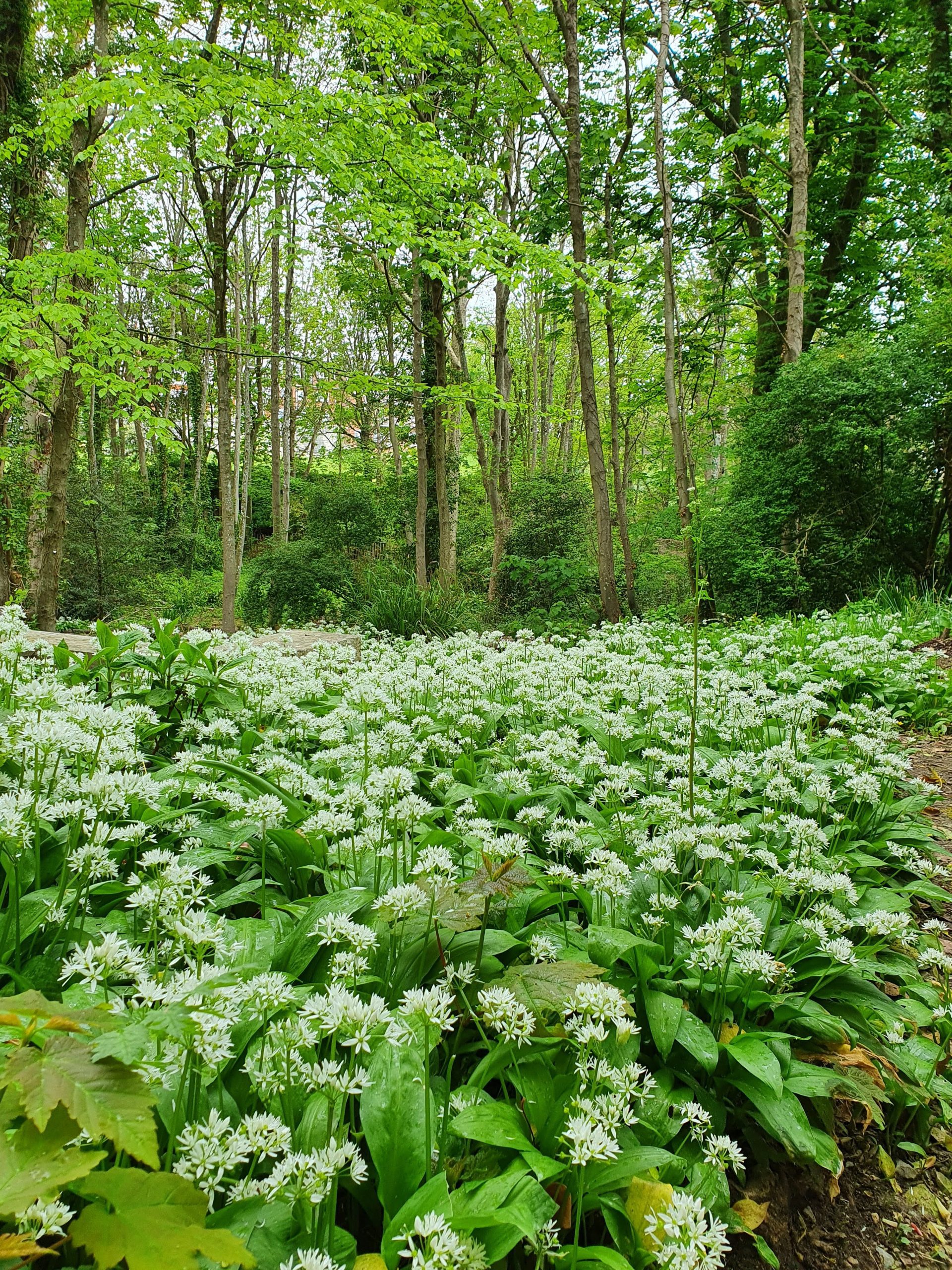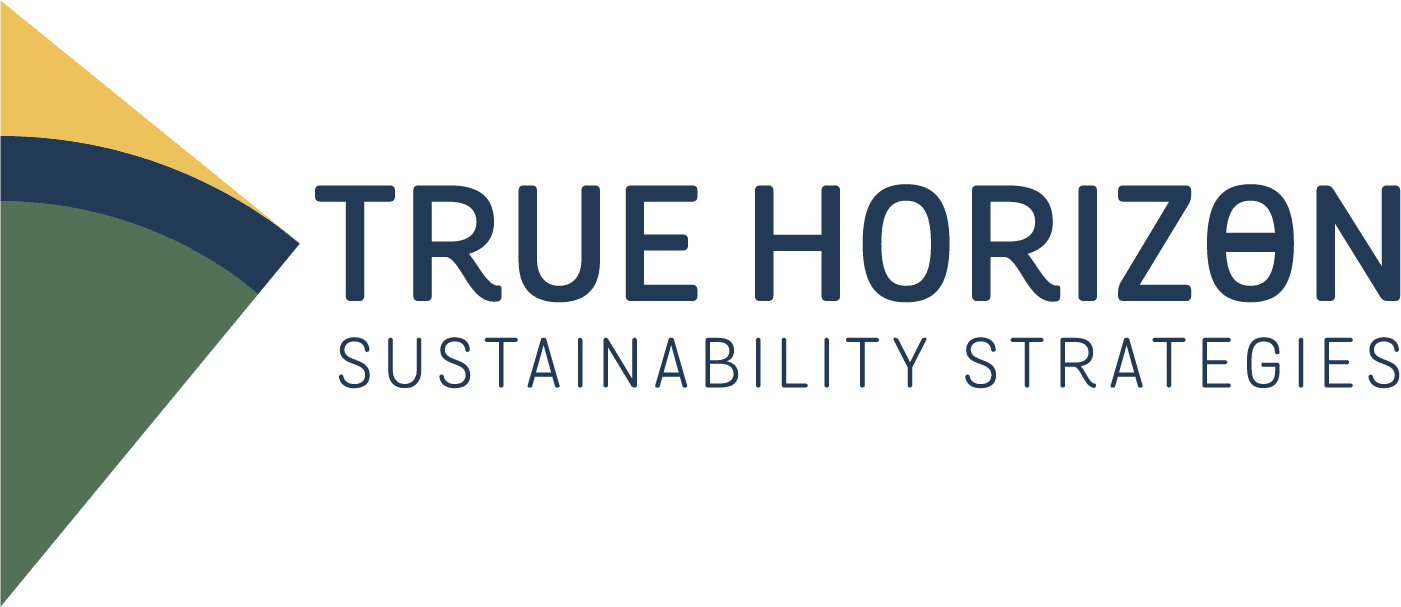
Inclusivity in Outdoor Spaces
The Great Outdoors makes us think of fresh air, sprawling countryside, and unbridled freedom. It’s associated with escapism and grounding – a way for us to reconnect with nature and ourselves at any time, no matter what.
Nature belongs to everyone; we’re part of it and deserve to savour its beauty and the numerous mental and physical health benefits it provides. But despite the lack of physical barriers in the British countryside, there are, unfortunately, invisible ones.
A recent study by the Campaign to Protect Rural England found that just 1% of national park visitors come from minority ethnic backgrounds. Although there are countless long-standing benefits attributed to exploring the countryside, it’s clear that these benefits are not experienced by everyone equally.
Data shows that ethnic minorities have, on average, 11 times less access to green space. And, of the time people from spend in green spaces, only 15% of it is spent in the countryside. .
A Lack of Representation
There are 15 national parks in England. These spaces are protected areas of natural beauty and are free for anyone to enter and explore. In theory, they are bastions of inclusivity and accessibility, allowing everyone to access nature free of charge. But the reality is that these spaces are mostly visited by people from similar backgrounds.
According to a study conducted by the Department for Environment, Food and Rural Affairs, despite people from minority and ethnic backgrounds enjoying the countryside, they feel excluded in what they perceive as an “exclusively English environment”.
If we don’t see people who look like us participating in activities or carrying out certain roles, we feel those places aren’t for us. Last year I attended a talk at the Blue Earth Summit by Professor David Olusoga, who put it perfectly: “You can’t underestimate the power of seeing yourself in the world”. He described how a culture of land ownership and exclusion based on wealth, race, and class has resulted in millions of people feeling excluded from nature.
We need to question this stark disparity and challenge the underlying stereotypes perpetuating the idea that certain spaces are reserved for certain people.
Thankfully, some fantastic groups are working to nurture spaces where underrepresented groups can feel included and comfortable in the countryside.
Established by Soraya Abdel-Hadi, All The Elements is a network uniting individuals, groups, and organisations in the UK dedicated to improving diversity in various outdoor pursuits such as cycling, climbing, hiking, and conservation. Offering a comprehensive range of resources and events, they’re doing exceptional work to foster connection and inclusivity outdoors.
Established in 2016 by the young British-Bangladeshi birder, activist, and author Mya-Rose Craig, also known as ‘Birdgirl,’ Black2Nature is a charity that organises nature camps and activities, including tree-planting days. These initiatives aim to facilitate access to green spaces and foster wildlife awareness among visible minority ethnic (VME) children and teenagers.
Black2Nature has hosted conferences addressing the need for greater ethnic diversity in the environmental sector and advocates for universal access to nature, focusing on VME communities.
Established in 2016 by Kashif Butt, Zain Sehgal, and Naveed Bakhsh, Boots and Beards is a charitable organisation with diverse programs designed to encourage outdoor activity, especially among those from underrepresented backgrounds. The charity emphasises using nature as a means to explore, discover new experiences, and cultivate a positive mindset.
Flock Together, founded by Ollie Olanipekun and Nadeem Perera, organises monthly birdwatching walks. Fueled by a shared passion for birds, their initial virtual encounter on Instagram in 2020 quickly led to the group’s inaugural walk within a few weeks. They stress that you needn’t be a nature expert or bird fanatic to attend. Their ever-growing community comprises seasoned birders, first-timers, and everyone in between, all united by a desire to come together and foster a deeper connection with the natural world.
_
We are all responsible for not blindly accepting the lack of diversity in our regular outdoor haunts as the norm. But thanks to trailblazing groups like these leading the change, let’s hope that the exclusionary perception of the British countryside will soon be a stereotype of the past.
I’ll leave you with another quote from Professor David Olusoga’s brilliant session at the Blue Earth Summit that really stuck with me.
“It might not be our fault, but it is our collective problem to fix.”
If you’re looking to maximise the positive social impacts in your business as well as the environmental ones, the Sustainability Roadmap is designed to get you there. In as little as six months, we’ll work together to devise a strategy that’s tailored to the needs, goals and values of your organisation.
For more information, get all the details here.
